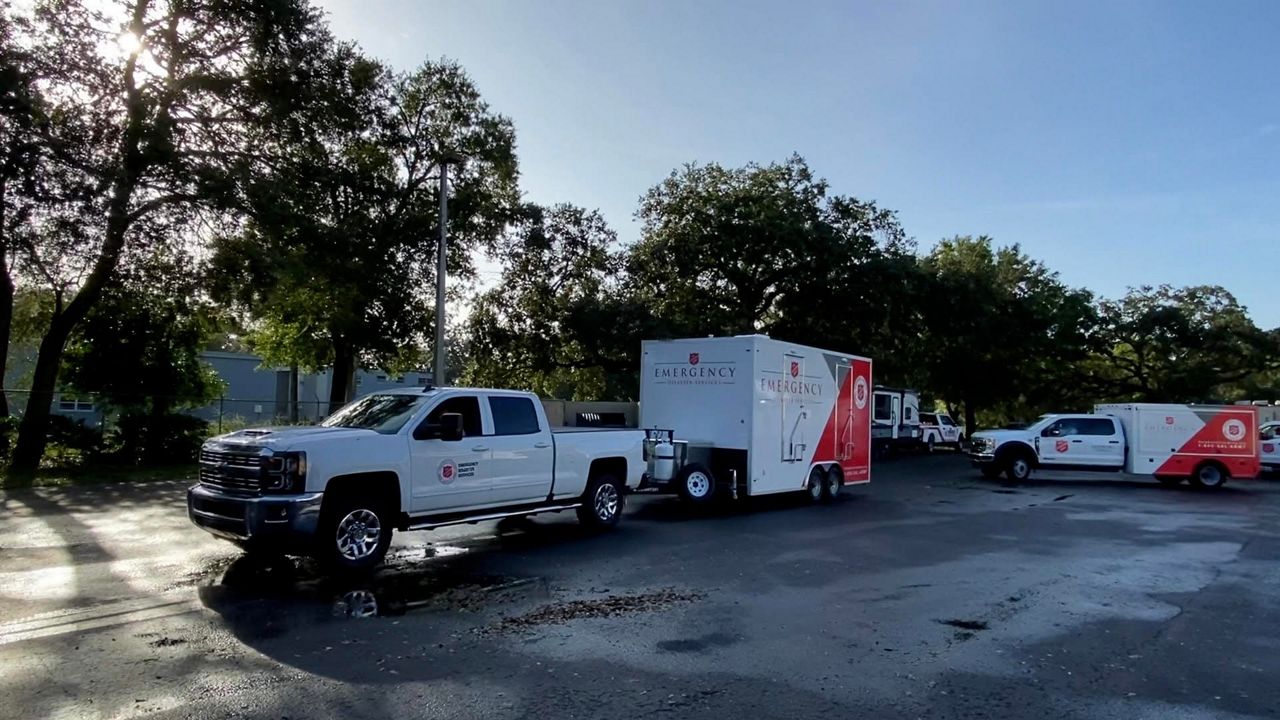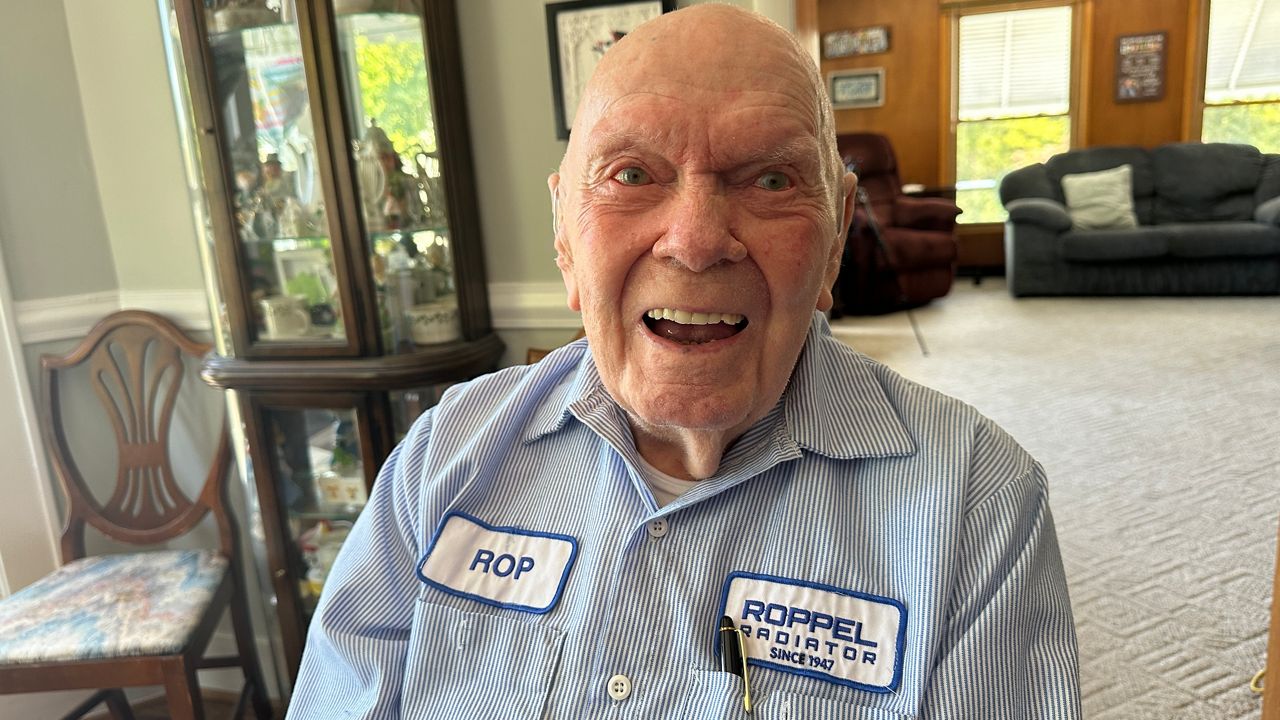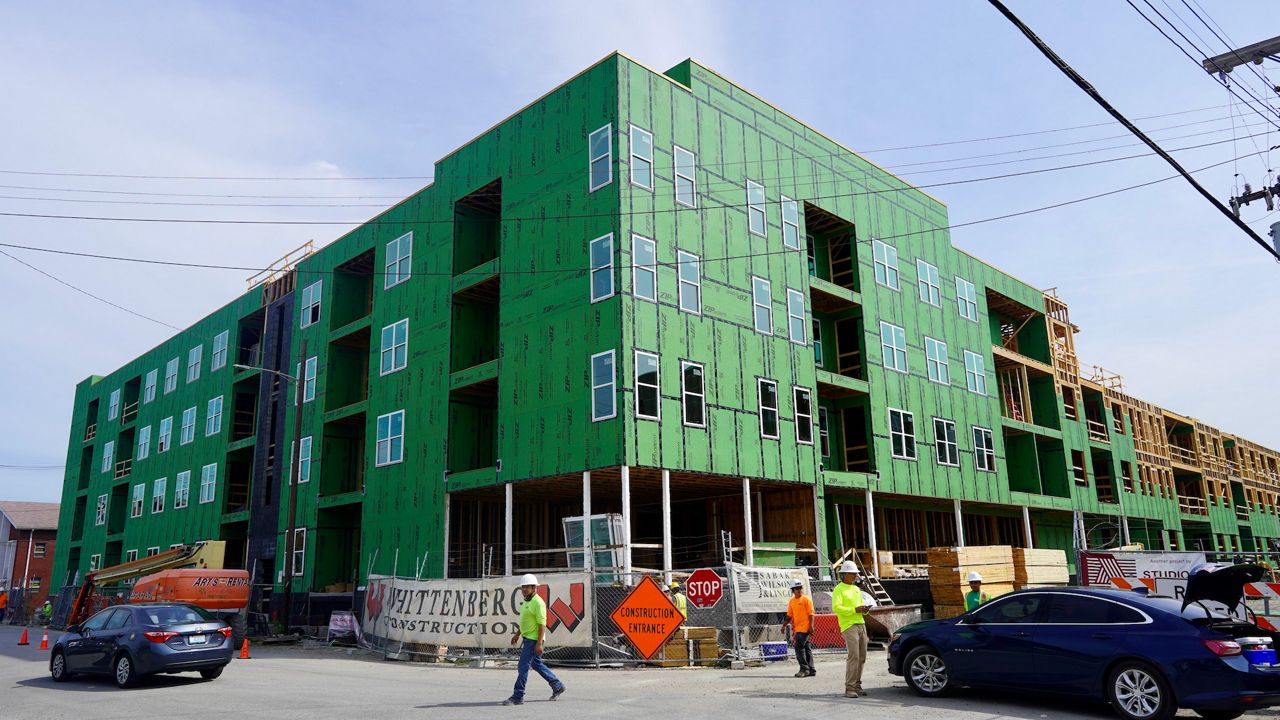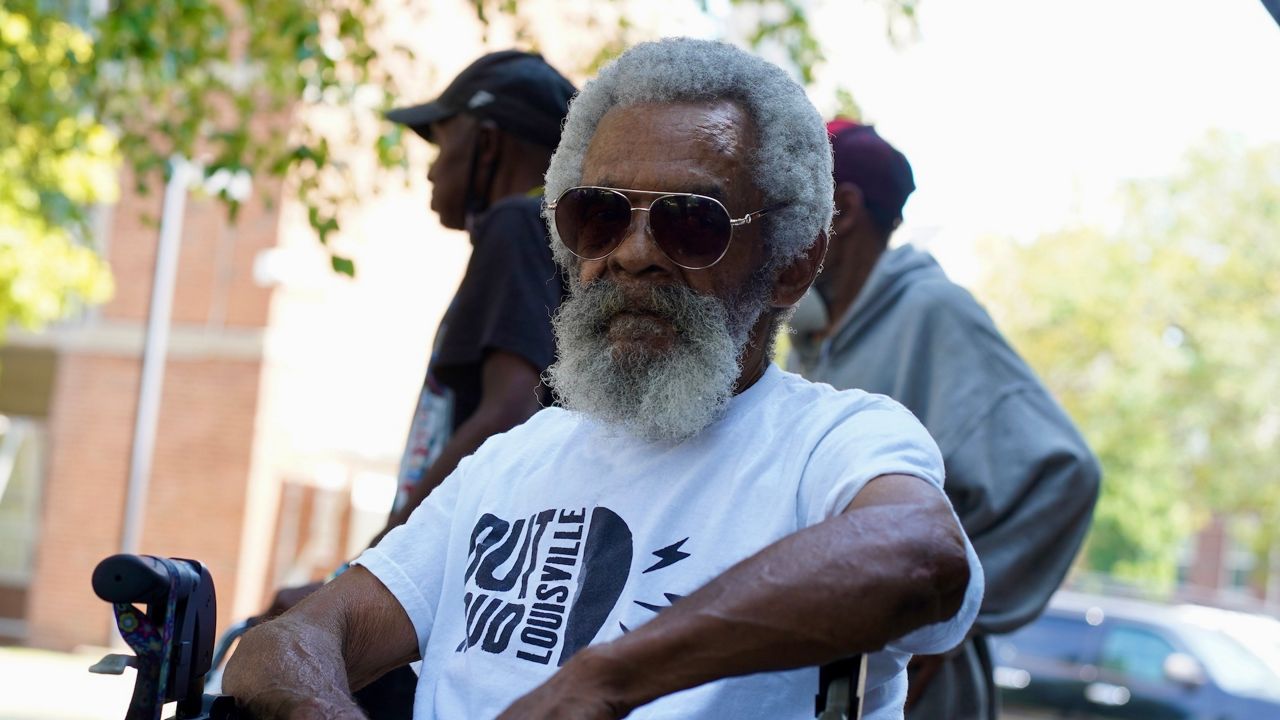LOUISVILLE, Ky. — After surviving prostate cancer, a Kentucky man is on a mission to get more men 50 years old and older to screened.
For John Tucker, it started with symptoms of pain and unusual bathroom habits.
“So I initially went to the hospital because of an enlarged prostate, not because of cancer,” Tucker said.
But Tucker will never forget May 6, 2022—Oaks Day. That’s the day doctors told him he had prostate cancer.
“And it was heartbreaking because I caught it in the later stages, I caught it at stage four,” Tucker said.
He said the survival rate in stage four is 31%.
“So me here today, I, I’m very, very thankful and if you get it in the early stages, it’s a 100% survival rate if you catch it in the first three stages,” Tucker said.
Doing some healing, he now shares his journey with other men.
“In 2007, my dad had it. And, you know, we never did talk about it. He lives in Los Angeles and it was just a situation where a lot of times with prostate cancer, you hear it and even with me, people saying, ‘Oh, that’s easy.’ A lot of people have it. But, you know, it’s not that simple. It’s the second deadliest cancer for African-American men. So it’s something that’s very, very important to talk about, not only when it happens, but even before it happens,” Tucker said.
Verna Allen-Harris is with the Kentucky African Americans Against Cancer.
“They say, I am a breast cancer survivor and it’s important to get your mammograms when you’re at the age and get them every year because you never know from year to year what they may find,” Allen-Harris said.
KAAAC is a volunteer group of people, health care providers, and cancer survivors who are working to reduce cancer health disparities in the African-American population.
“Because we’re more likely to get it, you know. Because it’s like runs in your families and things like that. So is it just as important to be screened,” Allen-Harris said.
June is also National Cancer Survivor Month. The National Cancer Institute says there are 18 million survivors of cancer in the United States.
“It’s not really talked about enough. So a lot of times I think if we really talked about it, you know, men would get in here and understand the importance because like once I said, if you get in early, the survival rate is much greater,” Tucker said.









